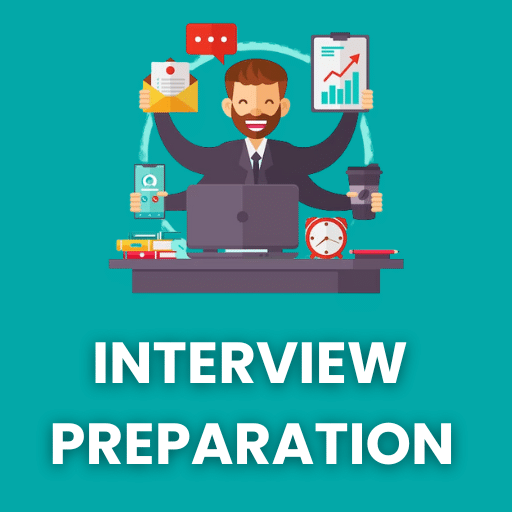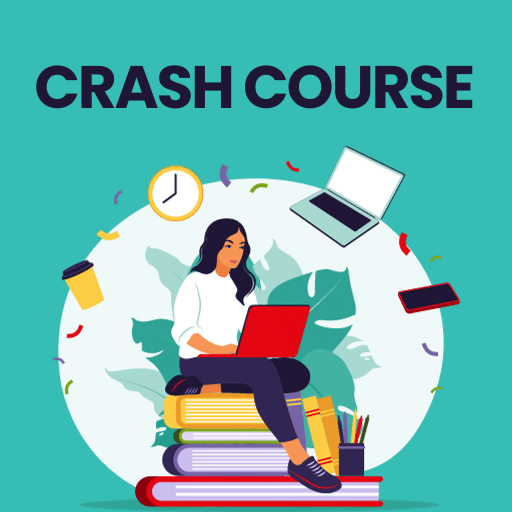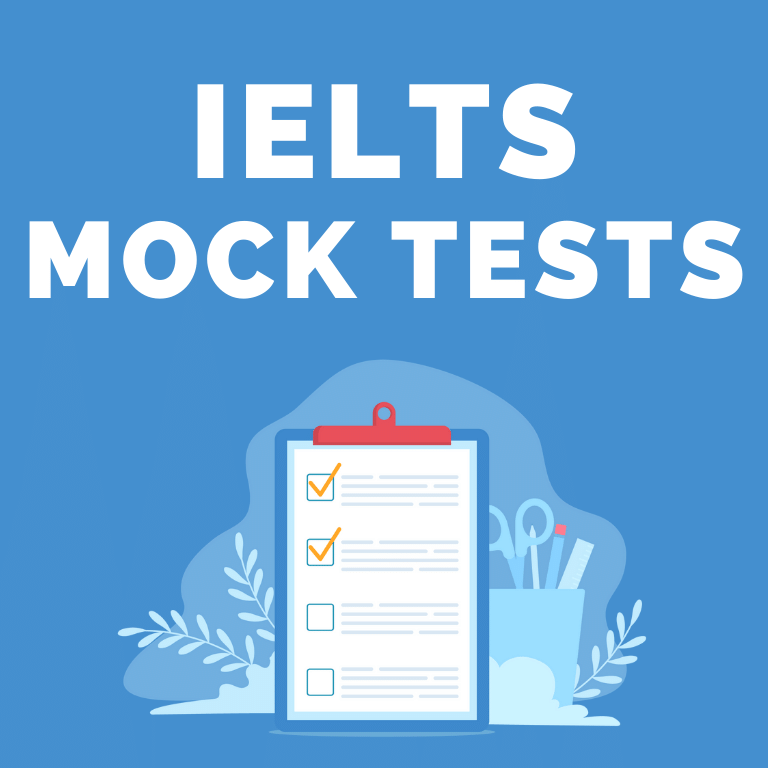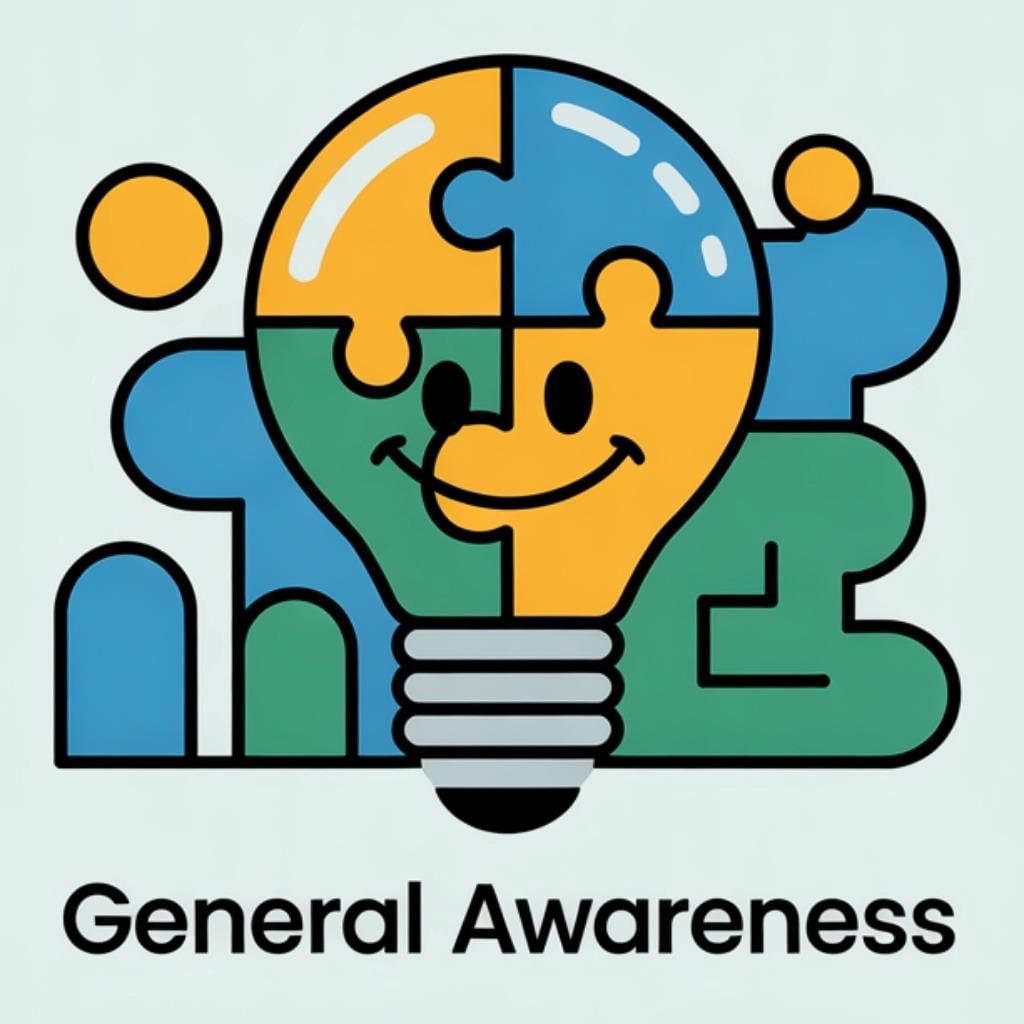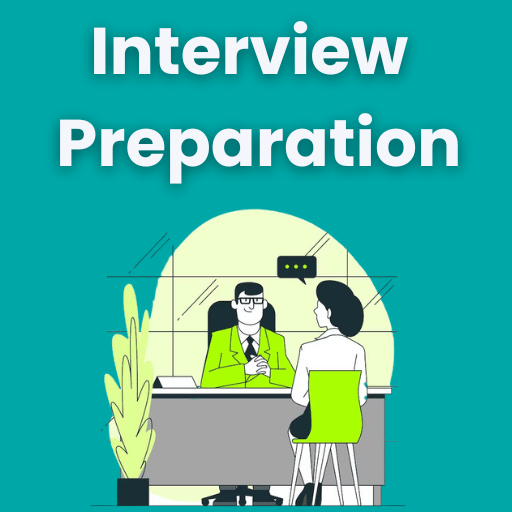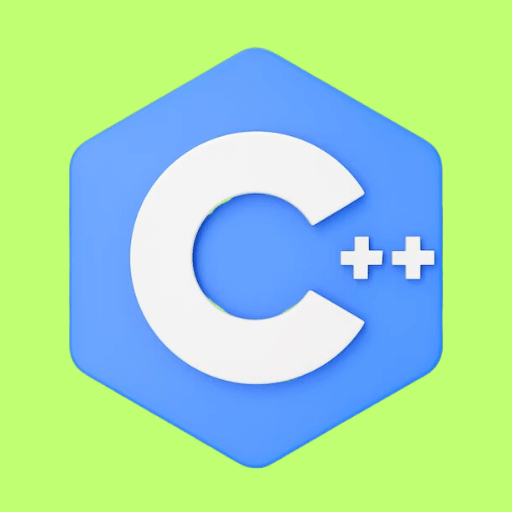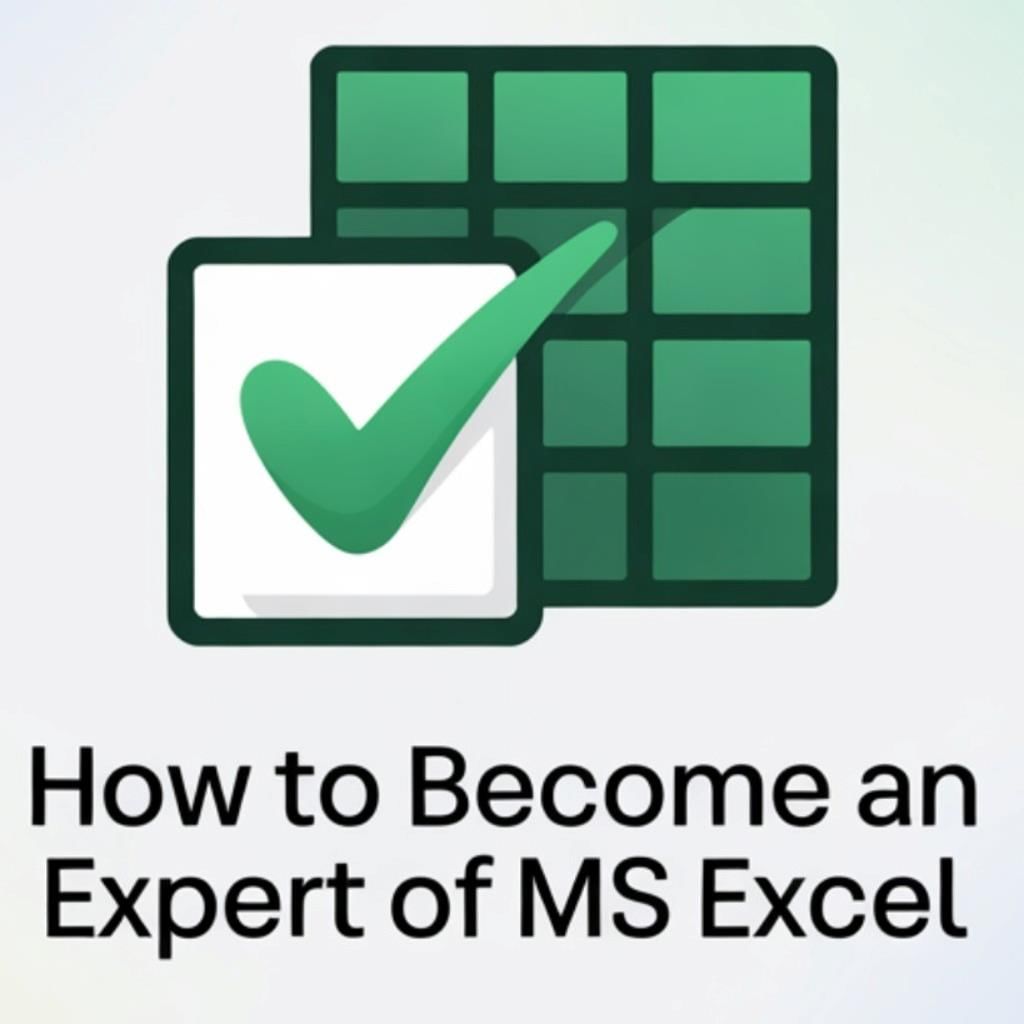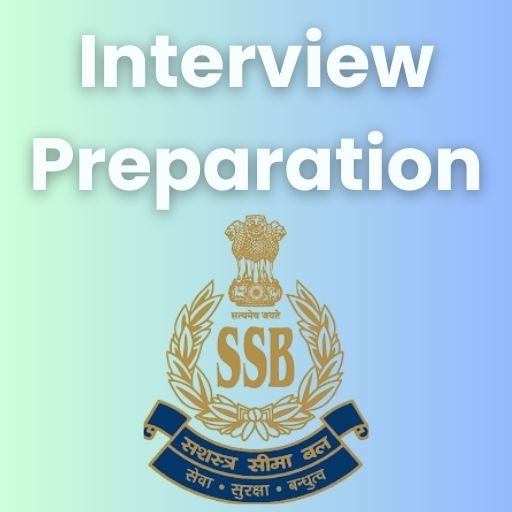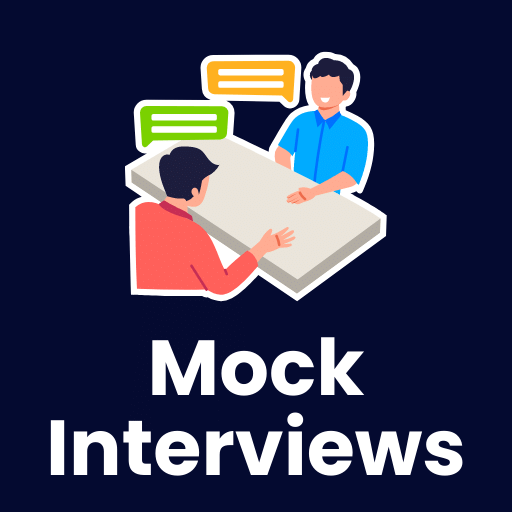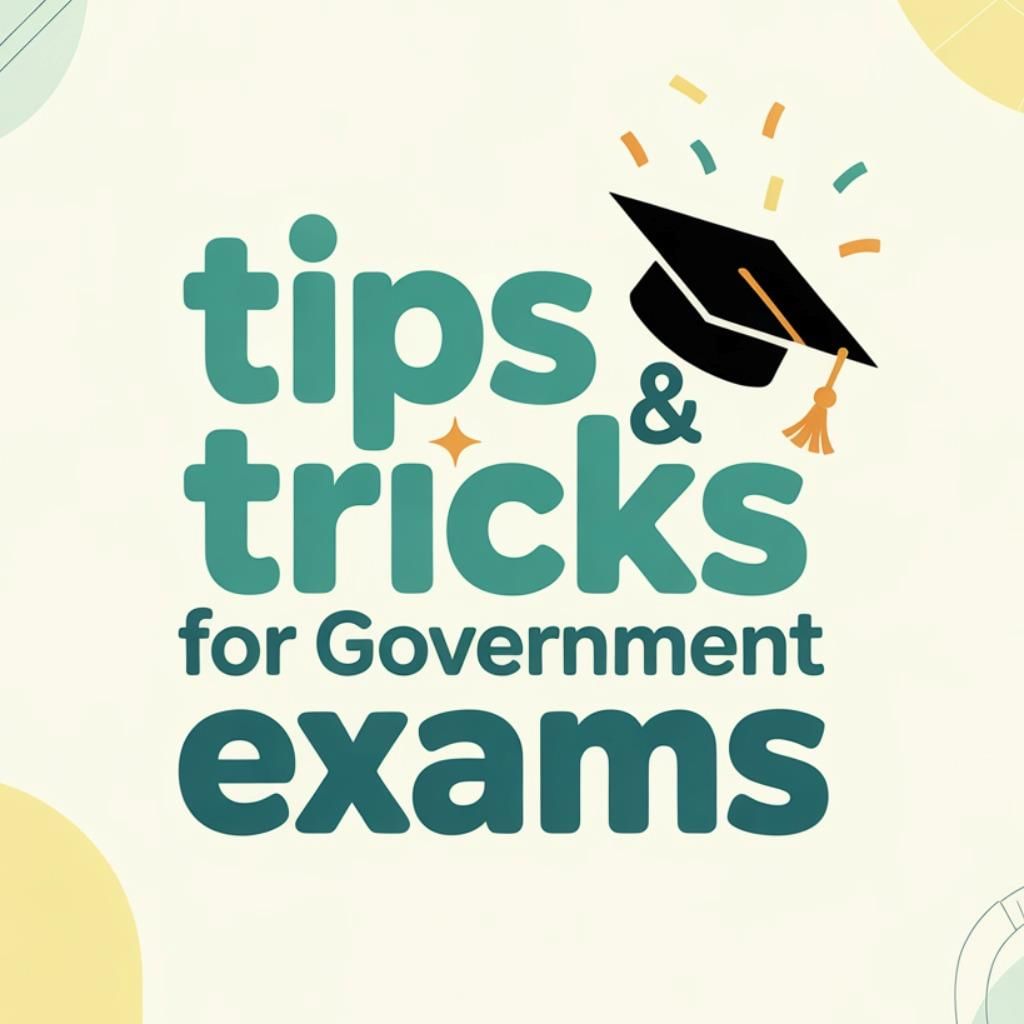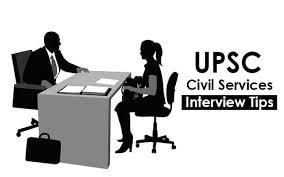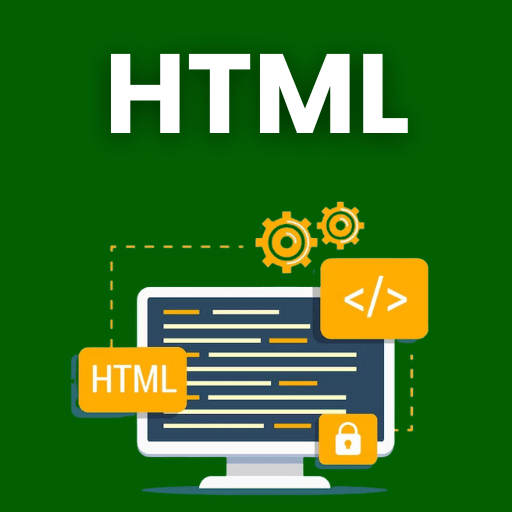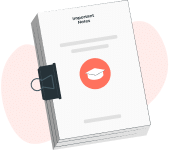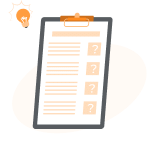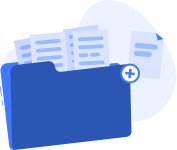Interview Preparation Exam preparation at EduRev
1. Interview questions: Interview questions are a crucial part of the hiring process as they allow employers to assess a candidate's suitability for a job. These questions can range from general inquiries about a candidate's experience and qualifications to more specific situational or behavioral questions. It is important for candidates to prepare for a variety of interview questions in order to showcase their skills and abilities effectively.
2. Job interview tips: Job interviews can be nerve-wracking, but with the right tips, candidates can feel more confident and prepared. Some important job interview tips include researching the company beforehand, practicing common interview questions, dressing professionally, and maintaining good body language. Additionally, it is essential to arrive on time, bring copies of your resume, and prepare questions to ask the interviewer. Following these tips can greatly increase the chances of success in a job interview.
3. Interview preparation: Proper interview preparation is essential for a successful interview. This includes researching the company, understanding the job requirements, and familiarizing yourself with the interviewer's background. It is important to thoroughly review your resume and be prepared to discuss your qualifications and experiences. Additionally, practicing common interview questions and rehearsing your answers can help you feel more confident and articulate during the actual interview. Adequate interview preparation can significantly enhance your chances of landing the job.
4. Common interview questions: Common interview questions are those that are frequently asked during job interviews across different industries and positions. These questions often revolve around a candidate's background, skills, and experiences. Examples of common interview questions include "Tell me about yourself," "Why are you interested in this position?", and "What are your strengths and weaknesses?". Being familiar with and prepared to answer these questions can help candidates effectively communicate their qualifications and suitability for the job.
5. Behavioral interview questions: Behavioral interview questions are designed to assess a candidate's past behavior and how they may respond to certain situations in the future. These questions typically require candidates to provide specific examples from their professional or personal experiences. They aim to evaluate a candidate's problem-solving skills, ability to handle conflicts, and how they work in a team. Preparing for behavioral interview questions involves identifying relevant examples from your past and demonstrating your skills and abilities through storytelling.
6. Interview techniques: Interview techniques refer to various strategies and approaches that candidates can employ to make a positive impression during an interview. These techniques include active listening, effective communication, demonstrating enthusiasm, and showcasing relevant skills and experiences. It is important to maintain good eye contact, engage with the interviewer, and provide concise yet detailed answers. Employing appropriate interview techniques can help candidates stand out and leave a lasting impression on the hiring manager.
7. Interview skills: Interview skills encompass a range of abilities that are essential for performing well in an interview setting. These skills include effective communication, active listening, problem-solving, critical thinking, and adaptability. Strong interview skills can help candidates effectively showcase their qualifications, respond confidently to questions, and establish a strong rapport with the interviewer. Developing and refining interview skills can significantly increase the likelihood of success in a job interview.
8. Interview dress code: The interview dress code refers to the appropriate attire to wear during a job interview. Dressing professionally and appropriately is crucial as it reflects your level of professionalism and respect for the opportunity. Generally, it is recommended to wear formal or business attire, such as a suit and tie for men and a pantsuit or a conservative dress for women. Following the dress code guidelines of the company or industry can help candidates make a positive first impression and convey their seriousness about the position.
9. Interview follow-up: After an interview, it is important to follow up with a thank-you note or email to express gratitude for the opportunity and reiterate your interest in the position. This small gesture can help you stand out from other candidates and leave a positive impression on the interviewer. Additionally, following up allows you to address any additional questions or provide further information that may have been missed during the interview. A timely and thoughtful follow-up can leave a lasting impact on the hiring decision.
10. Mock interviews: Mock interviews are practice interviews conducted to simulate the actual interview experience. They provide candidates with an opportunity to practice answering common interview questions, refine their responses, and receive constructive feedback. Mock interviews can be conducted with a friend, family member, or career counselor who can assess and provide guidance on areas that need improvement. Engaging in mock interviews can help candidates build confidence, identify weaknesses, and enhance their overall interview performance.
11. Interview body language: Body language plays a significant role in an interview as it can communicate confidence, engagement, and professionalism. Positive body language includes maintaining good eye contact, sitting up straight, and offering a firm handshake. Avoiding nervous gestures, such as fidgeting or crossing arms, is also important. Paying attention to your body language and consciously projecting a confident and attentive demeanor can positively influence the interviewer's perception of you.
12. Interview preparation checklist: An interview preparation checklist serves as a helpful tool to ensure that candidates are fully prepared for their interview. It includes tasks such as researching the company, practicing common interview questions, preparing questions to ask the interviewer, and selecting appropriate attire. It is also important to gather necessary documents, such as copies of your resume and references, and ensure they are organized and easily accessible. Utilizing an interview preparation checklist can help candidates stay organized and confident throughout the interview process.
13. Phone interview tips: Phone interviews are often the initial step in the hiring process and require specific preparation. Some phone interview tips include finding a quiet and distraction-free environment, speaking clearly and confidently, and having relevant documents and notes readily available. It is important to listen actively and ask clarifying questions when needed. Additionally, maintaining a professional tone and being mindful of your verbal communication can help create a positive impression during a phone interview.
14. Group interview tips: Group interviews involve multiple candidates being assessed simultaneously. To succeed in a group interview, it is important to actively participate, listen attentively, and contribute thoughtfully to group discussions. It is crucial to strike a balance between showcasing your individual skills and collaborating effectively with others. Being respectful, demonstrating good interpersonal skills, and displaying leadership qualities can help candidates stand out in a group interview setting.
15. Panel interview tips: Panel interviews involve being interviewed by multiple interviewers simultaneously. To excel in a panel interview, it is important to address each interviewer individually, make eye contact with all panel members, and engage with each person's questions or comments. Remaining calm and composed, taking turns to speak, and providing concise yet comprehensive answers are crucial in a panel interview. Preparing by researching each panel member's background and role can also help establish rapport and demonstrate genuine interest in the position.
Additional Information about Interview Preparation Preparation
Interview Preparation Exam Pattern 2025-2026
To start your Interview Preparation exam preparation, it is essential to understand the exam pattern.
The Interview Preparation exam pattern will help candidates to understand the structure of the Interview Preparation Exam question paper and marking scheme.
Students can find the complete detailed explanation of the Interview Preparation Exam pattern on EduRev.
It includes details about the exam date, syllabus, language, question paper, and paper analysis.
Interview Preparation Syllabus 2025-2026 PDF Download
Access the comprehensive Interview Preparation Syllabus for 2025-2026 in PDF format with EduRev.
This valuable resource provides the detailed subject syllabus, exam pattern, and language information for efficient exam preparation.
Students can download and study the syllabus, along with study materials, notes, and recommended best books available on EduRev.
Enhance your preparation with mock tests, sample papers, and question papers for paper analysis.
Additionally, Toppers' notes and coaching assistance are at your disposal to excel in the Interview Preparation exam.
Achieve outstanding results and boost your confidence with EduRev's curated videos and preparation tips.
Interview Preparation Books
Prepare for the Interview Preparation exam with the best books available on EduRev. These books cover the entire syllabus and exam pattern,
ensuring comprehensive preparation. students can access study material, sample papers, and subject-specific notes to enhance their understanding.
EduRev offers coaching support and paper analysis to sharpen exam skills. With mock tests and question papers,
students can practice effectively and gain confidence. Stay updated with the exam date and language requirements for a smooth experience.
Toppers' notes are an additional resource for valuable insights. EduRev's official website provides access to all these resources,
helping you excel in the Interview Preparation exam effortlessly.
Interview Preparation Study Material and Notes PDF Download
Prepare for the upcoming Interview Preparation exam with EduRev's Study Material and Notes in PDF format.
Access a comprehensive collection of subject-specific study materials and notes to cover the entire syllabus.
These resources are designed to aid your preparation, ensuring a thorough understanding of the exam pattern, language, and syllabus.
Boost your confidence with practice papers and question papers for paper analysis. EduRev offers coaching support and toppers' notes to excel in the Interview Preparation exam.
Download the study material and notes from EduRev's official website and embark on a successful preparation journey.
Interview Preparation Previous Year Papers
Interview Preparation Previous Year Papers by EduRev provide valuable resources for exam preparation.
Access question papers, paper analysis, and practice papers to understand the exam pattern and syllabus thoroughly.
Enhance your preparation with best books, study materials, and toppers' notes.
Stay updated with the latest exam date and official website information. Utilize mock tests and sample papers to practice in the exam language.
Boost your performance with insightful preparation tips and coaching videos.
Ace the Interview Preparation exam confidently with EduRev's comprehensive study material and expert guidance. Prepare effectively and excel in your upcoming exam.
Important Questions for Interview Preparation
Get ready to ace the Interview Preparation exam with a focus on important questions.
These questions give valuable insights into the exam's format and difficulty, helping you gauge your readiness.
Access various question papers, including sample papers, previous years, and mock tests, to understand the exam's scope.
Analyze these questions to identify patterns and essential topics. Strengthen your knowledge with study material and notes.
EduRev provides an extensive collection of important questions to support your preparation and boost your chances of achieving outstanding results.




![Grid View]()
![List View]()
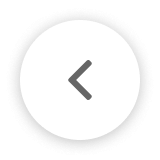
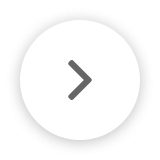
 (150K+ ratings)
(150K+ ratings)
![]() (150K+ ratings)
(150K+ ratings)
 (150K+ ratings)
(150K+ ratings)














